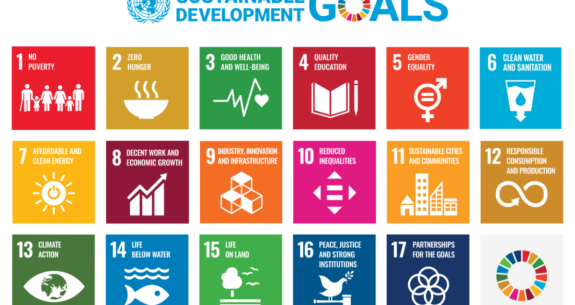Friday 11th June 2021 – At the current rate, UN Sustainable Development Goal 7 – clean energy for all – will not be met.
Africa as a continent is facing the mounting challenge of the need to meet rapidly growing electricity demand. 590 million people are currently unable to access electricity, disrupting communities, families, students, employees and SMEs alike. This startling figure highlights not only the scale of the funding challenge but also the size of the opportunity to truly transform the lives of a massively underserved market for the better.
At the same time, population growth is outpacing the speed of renewable energy adoption. This means we need to collectively accelerate financing in this space at an even greater scale. At Bboxx, we are proud to have positively impacted the lives of nearly 1.8 million people through access to clean energy – but we have only just begun.
The impact of energy on economic opportunities
Lack of sufficient electricity is a major impediment to economic development. In particular, it has slowed down development in the manufacturing and technology sectors in Africa, leaving these sectors further behind than they should be in comparison to other continents.
This comes as commercial and industrial businesses across Africa on average have to pay 25% more for electricity consumption compared to the rest of the world. This is putting many businesses on the continent unfairly on the back foot, making it more difficult to operate, thrive and grow.
What’s more, electricity costs are anticipated to increase due to the global economic slowdown brought about as a result of the Covid-19 pandemic. The global average cost of electricity was approximately $0.12 per kWh in 2018. However, businesses connected to the grid in some parts of Africa had to pay up to $0.24 per kWh. In addition, millions of business also rely on back-up fossil fuel generators for when the grid does not work.
The future of energy in Africa
However, it is now clear that the uptake of mobile money combined with the falling cost of solar on the continent has made off-grid solar energy the best-suited and most cost-effective way of bringing about universal electrification. Africa is continuing to leapfrog traditional expensive grid infrastructures in favour of much more technologically advanced, cheaper and smarter solutions.
Looking ahead to the future of energy in Africa, it will undoubtedly be decentralised, digitalised and decarbonised. Financing must reflect this direction of travel. Tackling energy poverty head-on can only truly be achieved if funds are scaled towards off-grid and mini-grid projects.
To meet UN SDG 7, approximately $500 billion in investments is required on an annual basis, until 2040. Meeting this huge financial demand calls for the involvement of international organisations, governments, climate investors and the private sector, to devise and implement innovative funding strategies. Financial and technical partners from across the globe are starting to recognise this – but we are only at the tip of the iceberg.
Anthony Osijo, Group CFO and Head of Relationships at Bboxx


